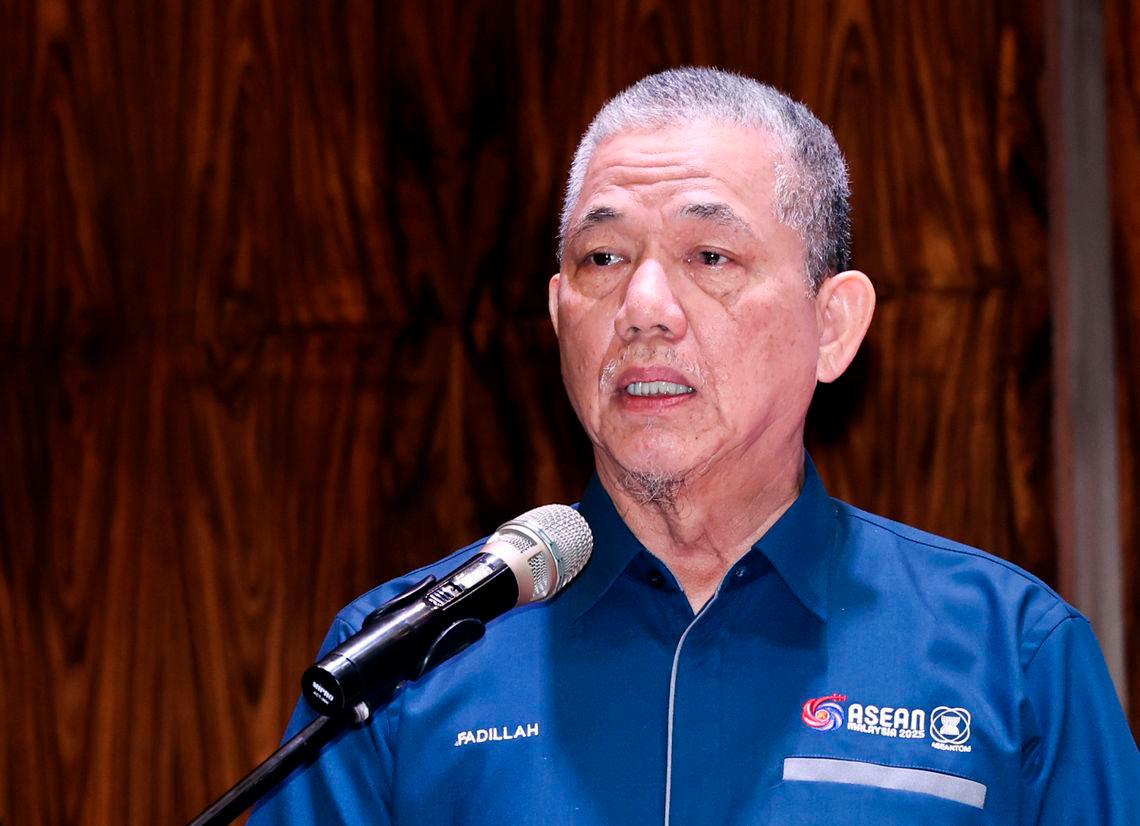KUALA LUMPUR: Deputy Prime Minister Datuk Seri Fadillah Yusof has called for equitable urban growth in ASEAN, ensuring prosperity benefits all communities without marginalising the vulnerable.
He highlighted that ASEAN’s urban areas currently house over 370 million people, contributing 70% of the region’s GDP and driving a US$3.8 trillion economy in 2024.
By 2050, seven in 10 ASEAN citizens are expected to live in cities, making urban centres pivotal to regional development.
“Prosperity is not evenly shared. We still see gleaming skyscrapers casting shadows over informal settlements, and infrastructure stretched beyond capacity,” he said.
Fadillah stressed that as ASEAN aims to become the world’s fourth-largest economy by 2030, urbanisation must deliver both growth and fairness.
He made these remarks during his keynote address at the opening of the 2025 ASEAN Sustainable Urbanisation Forum (ASUF), ASEAN Governors and Mayors Forum (AGMF), and the Meeting of Governors and Mayors of ASEAN Capitals (MGMAC).
Present at the event were Housing and Local Government Minister Nga Kor Ming, Minister in the Prime Minister’s Department (Federal Territories) Datuk Seri Dr Zaliha Mustafa, Kuala Lumpur Mayor Datuk Seri Dr Maimunah Mohd Sharif, and ASEAN Deputy Secretary-General Nararya Sanggramawijaya Soeprapto.
As ASEAN Chair, Malaysia reaffirmed its commitment to regional cooperation, economic integration, and safeguarding peace and stability in Southeast Asia.
Fadillah urged urgent solutions to urban challenges, including housing shortages, mobility bottlenecks, and climate risks like floods and heatwaves.
“Inclusivity means no one is left behind. Women, youth, the elderly, and persons with disabilities must all have a voice in shaping our future cities,” he said.
He emphasised the need for accessible transport, affordable housing, and digital connectivity for rural migrants.
Fadillah described sustainability as essential for survival, citing threats such as rising sea levels in Vietnam’s Mekong Delta and worsening heatwaves.
He praised ASEAN innovations like Singapore’s green building standards, Indonesia’s renewable energy transition, and Brunei’s smart water management for aligning with UN Sustainable Development Goals (SDGs).
Local governments were urged to lead ASEAN’s transformation with AI-powered urban planning and stronger cross-border networks.
“Your leadership will determine whether our cities become models of equity and environmental harmony, or cautionary tales of unchecked growth,” he said.
The three-day forum, themed “ASEAN Future Cities and Regions: Inclusivity and Sustainability,” supports the ASEAN Community Vision 2045 and unites the ASEAN Smart Cities Network and ASEAN Sustainable Urbanisation Strategy. – Bernama









